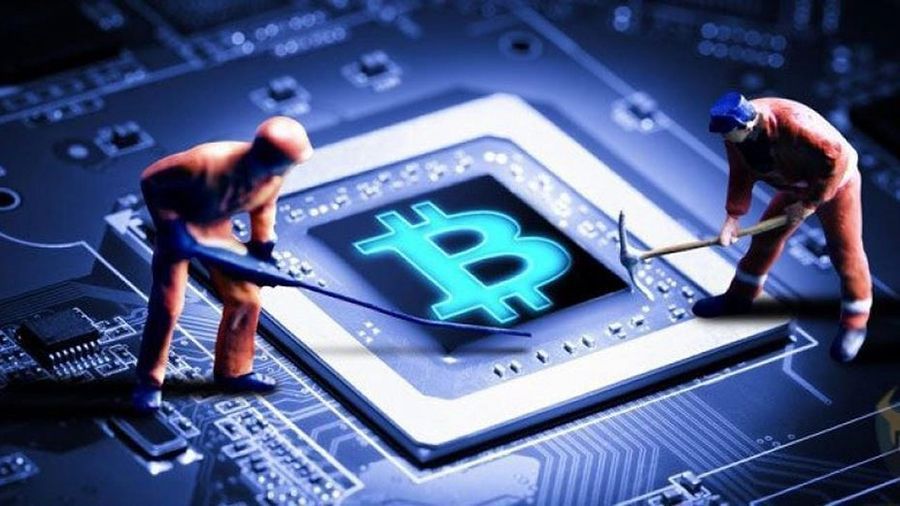Under the new law, the Crypto-Assets and Related Operations Authority (Sunacrip) will regulate all mining activities in Venezuela.
Despite the fact that mining is allowed in Venezuela, the country’s authorities intend to make it more centralized. Now the production of ASIC miners, the construction of mining farms, the import of equipment and the distribution of rewards among the cryptocurrency miners will be controlled by regulators. In addition, the new law obliges all miners to become members of the national pool so that the government can control all aspects of their activities.
Venezuelan authorities said that Bitcoin mining creates conditions for speculation with the US dollar and contributes to the evasion of financial control. To prevent these risks, the authorities have created a register of miners (RIM), in which all miners, mining farms and hardware manufacturers will be required to register. Individuals or organizations working in the mining industry and not registered in the registry will face a large fine.
Cryptocurrency entrepreneurs fear that disclosing information about their activities and earnings could attract the attention of intruders and corrupt officials. Miners believe that the government’s attempts to centralize the mining of cryptocurrencies are contrary to the philosophy of bitcoin. If the authorities begin to control mining, they can tax miners, freeze funds and delay payments.
At the very least, regulatory oversight is better than banning mining. Two years ago, international carriers were prohibited from importing any equipment for the extraction of crypto assets into Venezuela, despite the active development of digital currencies in the country.
As a reminder, P2P platform Paxful stopped serving Venezuelan users this month due to US sanctions. In addition, access to the American Coinbase trading platform was blocked for residents of Venezuela.







